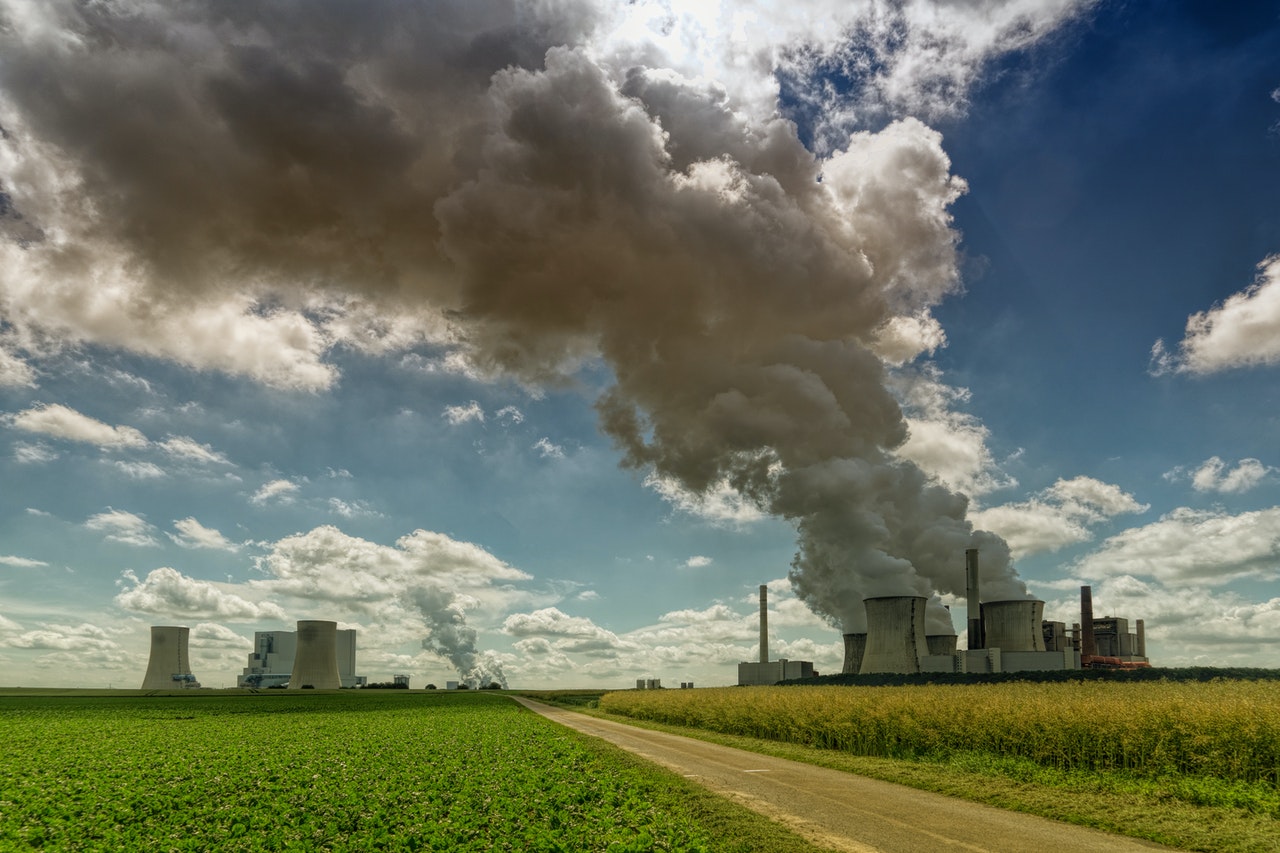The South African government intends to convert the country’s coal fleet to nuclear power as part of the phase-out of harmful fossil fuels over the next 30 years, BusinessTech reported.
This proposal is in the government’s plan to develop national infrastructure until 2050, published by the Minister of Public Works and Infrastructure Patricia de Lille.
“Dependence on coal will be significantly reduced, and the focus on renewable energy will be dramatically increased. This is especially true for solar and wind energy, where South Africa has a significant advantage,” the document states.
“The government will consider repurposing and retooling the baseload coal fleet with advanced and innovative nuclear power systems that can be deployed domestically,” the text notes.
South Africa has long been dependent on coal-fired electricity supplied by the vertically integrated monopoly Eskom. In 2010, 87% of the 254 TWh of electricity was generated from coal.
By 2019, annual electricity generation was 3.5% less at 245 TWh, with coal accounting for 79% and renewables for 12%.
Energy demand is projected to double by 2050. “Therefore, it will be necessary to increase the installed generating capacity from 53 GW in 2018 to 133-174 GW by 2050, depending on energy demand at that time,” the document says.
It will be necessary for South Africa to add 25 GW by 2030 to the installed capacity with the required supporting infrastructure of energy transmission and distribution networks.

